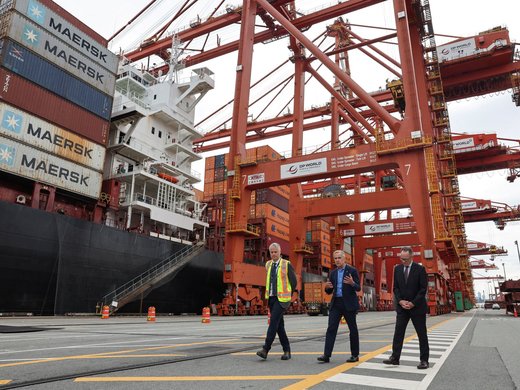Intellectual property (IP) and data constitute the essential capital stocks of the knowledge-based and data-driven economy. These intangible capital stocks are not, however, represented in the workhorse models used to assess the impact of international trade agreements. As a result, it is not possible — using conventional tools — to evaluate the impact of treaty obligations in respect of IP protection, e-commerce and data; foreign direct investment in the knowledge-based sectors; and competition. Canada has recently implemented the Canada-EU Comprehensive Economic and Trade Agreement, is engaged in renegotiating the North American Free Trade Agreement and the Comprehensive and Progressive Agreement for Trans-Pacific Partnership, and is in exploratory talks with China. The parties to these treaties dominate the knowledge-based and data-driven economy, yet none of these treaties/negotiations has been evaluated for its impact on Canada’s knowledge-based and data-driven economy, nor is it possible to show the treaties’ value in these areas of the twenty-first-century economy for the partner economies. This represents a serious gap in Canada’s ability to form evidence-based trade policy and to negotiate effectively. These considerations establish a prima facie case for urgent development of a quantitative framework to assess Canadian trade policies affecting the knowledge-based and data-driven economy. This paper develops this argument.


